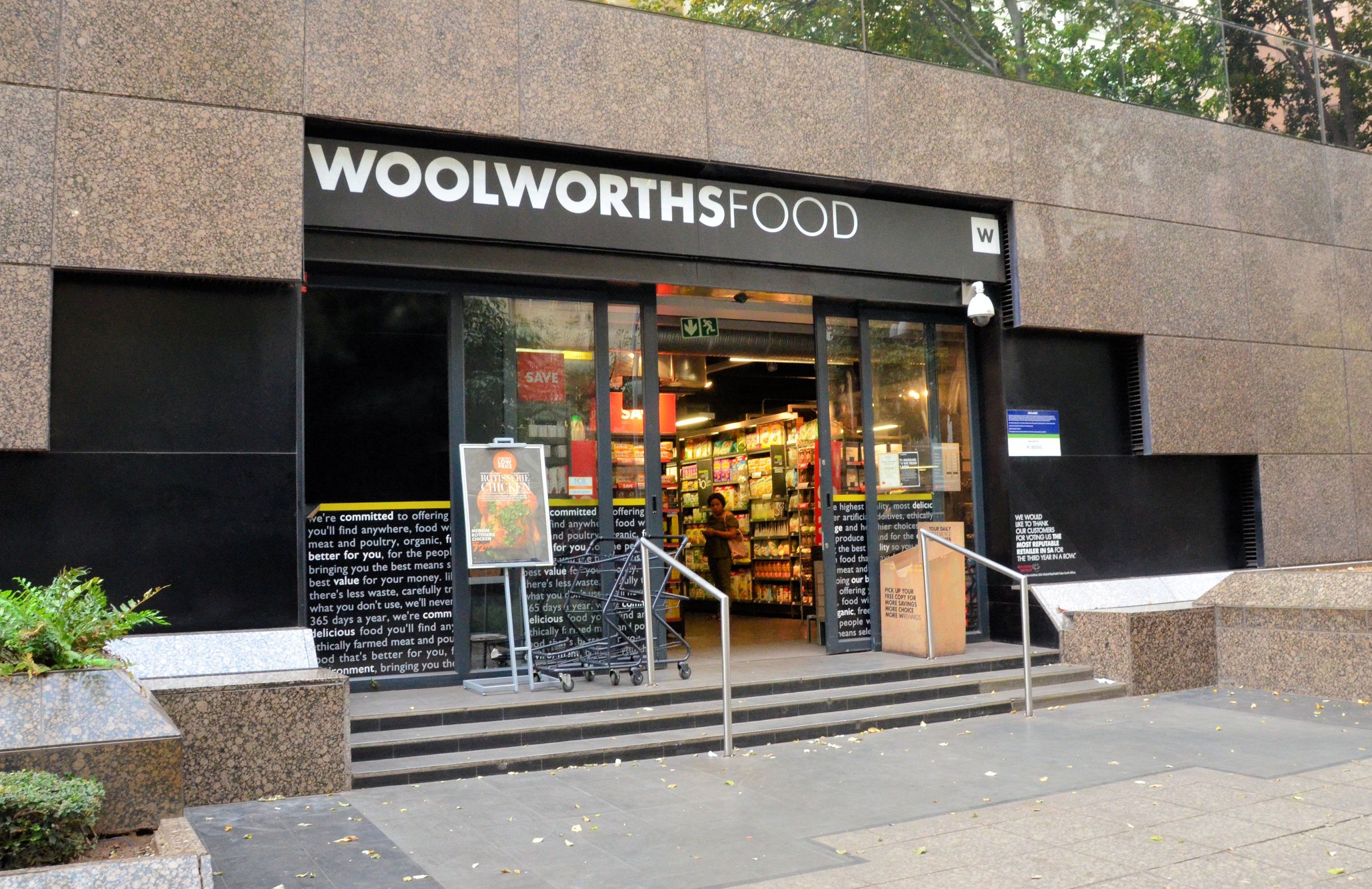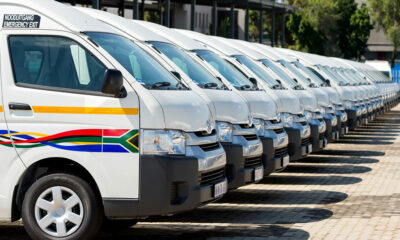News
Woolies Food Shines, But Fashion and Australia Drag Group Earnings Down

If you’ve pushed a trolley through a Woolworths Food aisle lately, you’d swear the business was booming without a care in the world. And you’d be right. But behind the scenes at the broader Woolworths Group, it’s a tale of two hemispheres, and the southern one is causing a serious headache.
The group’s latest results reveal a stark contrast: its South African food business is an unstoppable force, while its fashion and Australian arms are proving to be very moveable objects.
The Unshakable Power of the Woolies Food Basket
In a country where consumers are gripping their wallets tightly, Woolworths Food isn’t just surviving; it’s thriving. The numbers are staggering. They posted turnover growth of 11%, blowing past market averages. Even more impressive? Sales in stores open for more than a year grew by 7.7%, proving this isn’t just about new spaceit’s about winning customer loyalty.
The real star of the show, however, is Woolies Dash. The delivery service saw sales rocket by 41.6%, a clear signal that South African shoppers have fully embraced the convenience economy. This isn’t a side project anymore; it’s a central pillar of their future strategy.
Fashion’s Fickle Fortunes
Back in the clothing section, the story is more nuanced. The Fashion, Beauty, and Home (FBH) division did see sales grow, but it was a hard-fought battle. They’re selling more at full price, which is good, but higher costs for promotions and supply chain issues squeezed their profit margins.
It seems South African shoppers are still willing to splurge on high-quality groceries but are thinking twice about that new outfit. The one bright spot? Beauty products flew off the shelves with nearly 15% growth, suggesting that a little affordable luxury is still in the budget.
The Australian Anchor
Across the Indian Ocean, the situation is far tougher. The Country Road Group (CRG), which houses brands like Country Road, Witchery, and Trenery, is in the midst of a painful restructuring. High interest rates and cautious consumers down under have kept shoppers away, leading to a sharp 6.8% drop in comparable sales.
The financial impact was brutal. Their earnings (EBITDA) plummeted by over 41%. The group took a massive R917 million non-cash impairment charge, essentially writing down the value of its struggling Australian brands. This accounting move is a stark admission that the road to recovery there will be long and expensive.
What This Means for Your Wallet
For shareholders, the bottom line is simple: the dividend took a hit. The total payout per share dropped significantly, from 265.5 cents to 188 cents. This is the direct result of the Australian division’s struggles overshadowing the strong performance back home.
The message from the board is clear. They have a rock-solid winner in Woolworths Food and are betting big on its digital future with Dash. The fashion business in South Africa is holding its own in a tough climate. But fixing Australia is the multi-billion rand puzzle they urgently need to solve. For now, the group’s performance hinges on whether our love for their quality food can outweigh a stubborn Australian hangover.
Source:Business Tech
Follow Joburg ETC on Facebook, Twitter , TikTok and Instagram
For more News in Johannesburg, visit joburgetc.com



























